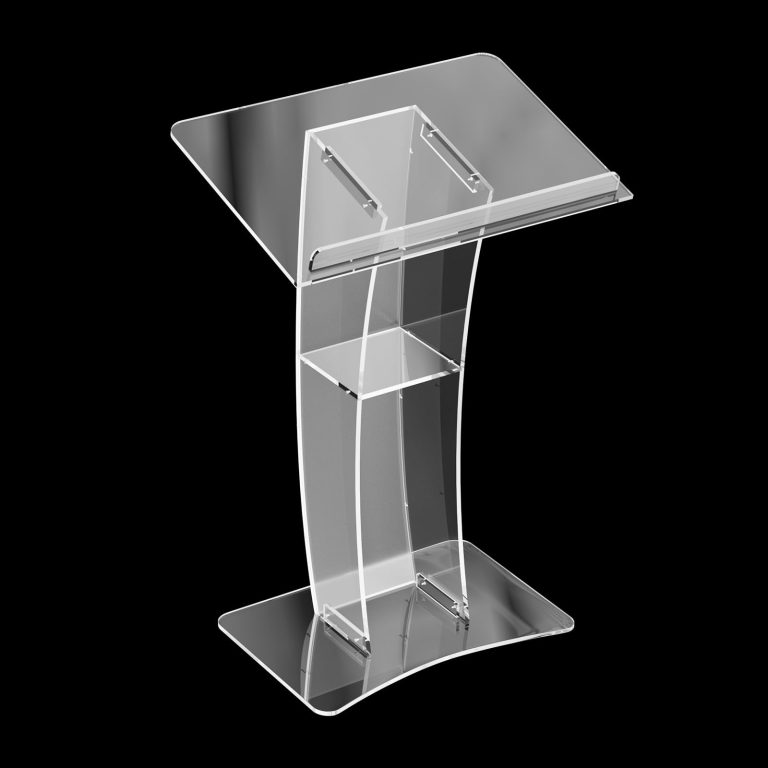Are Filler Words Distracting?
Are filler words distracting? This is a question that has sparked much debate among language enthusiasts and communication experts alike. Filler words, such as “uh,” “like,” and “you know,” are common in everyday speech and often used to bridge pauses or fill gaps in conversation. While some argue that these words are simply a natural part of human communication, others believe that they can detract from the clarity and impact of a message. In this article, we will explore the effects of filler words on communication and delve into whether they truly hinder effective conversations.
In today’s fast-paced world, attention spans are shrinking, and the ability to deliver concise and engaging messages has become increasingly important. Filler words, though seemingly innocuous, can add unnecessary clutter to our speech and dilute the impact of our words. They can create distractions and make it harder for listeners to focus on the main point being conveyed. Through examining various studies and expert opinions, we will uncover the potential drawbacks of using filler words and discuss strategies for minimizing their usage to enhance the effectiveness of our communication.
Filler words like “um,” “uh,” and “like” can be distracting when used excessively in speech or writing. They can interrupt the flow of communication and make it harder for listeners or readers to focus on the main message. It’s best to minimize the use of filler words and practice clear and concise communication.
Are filler words distracting?
Filler words are often used in speech as a way to bridge gaps in conversation or to buy time while thinking. While they may serve a purpose in casual conversations, filler words can be distracting when used excessively or inappropriately in certain contexts. Here’s a detailed explanation of the impact of filler words:
Firstly, filler words can disrupt the flow and clarity of a message. When someone uses excessive filler words, it can make their speech less concise and harder to follow. This is particularly evident in public speaking or professional settings where clarity and conciseness are essential. Filler words such as “um,” “uh,” or “like” can break the listener’s concentration and make it more challenging to grasp the main points being communicated.
Secondly, overusing filler words can undermine the speaker’s credibility. When an individual relies heavily on filler words, it can give the impression that they lack confidence or are unsure of what they’re saying. This can be detrimental in professional settings, job interviews, or other situations where credibility is crucial. The excessive use of filler words may make listeners question the speaker’s knowledge or expertise on a subject, hindering effective communication and diminishing the impact of their message.
Furthermore, filler words can also impact the listener’s perception of the speaker’s professionalism. In a formal or business setting, excessive filler words can make the speaker appear unprepared or unpolished. This can create a negative impression and undermine the speaker’s overall effectiveness. It’s important to note that not all filler words are considered distracting in every context. Some cultures or communication styles may have different norms regarding the use of filler words, so it’s essential to consider the specific context and audience when evaluating their impact.
In conclusion, while filler words can serve a purpose in everyday conversation, they can be distracting and hinder effective communication in certain contexts. Excessive use of filler words can disrupt the flow of speech, undermine credibility, and impact the listener’s perception of professionalism. Being mindful of the use of filler words and striving for clarity and conciseness can greatly enhance communication effectiveness.
In conclusion, the use of filler words can indeed be distracting in our everyday communication. These seemingly innocent words, such as “like,” “um,” and “you know,” can dilute the clarity and impact of our message. While they may provide a momentary pause or filler in our speech, they can also hinder effective communication and make our message less engaging.
Firstly, filler words can create a sense of uncertainty or lack of confidence in the speaker. When we rely on these words excessively, it can give the impression that we are unsure of what we are saying or lack conviction in our message. This can undermine the credibility of our speech and make it less engaging for the listeners.
Secondly, filler words can also interrupt the flow of our speech and impede effective communication. When we use these words excessively, it can lead to a disjointed and fragmented delivery. This can make it harder for the listeners to follow our train of thought and understand our intended message, ultimately diminishing their engagement in the conversation.
Lastly, excessive use of filler words can also be perceived as a lack of respect for the listener’s time and attention. When we fill our speech with unnecessary pauses and fillers, it can come across as a disregard for the importance of clear and concise communication. This can lead to disengagement and frustration on the part of the listener, making it harder to hold their attention and effectively convey our message.
In conclusion, while the occasional use of filler words is natural and can serve as a brief pause in our speech, it is important to be mindful of their impact on our communication. By minimizing the use of filler words, we can enhance the clarity, flow, and engagement of our speech, ultimately leading to more effective and meaningful conversations.

